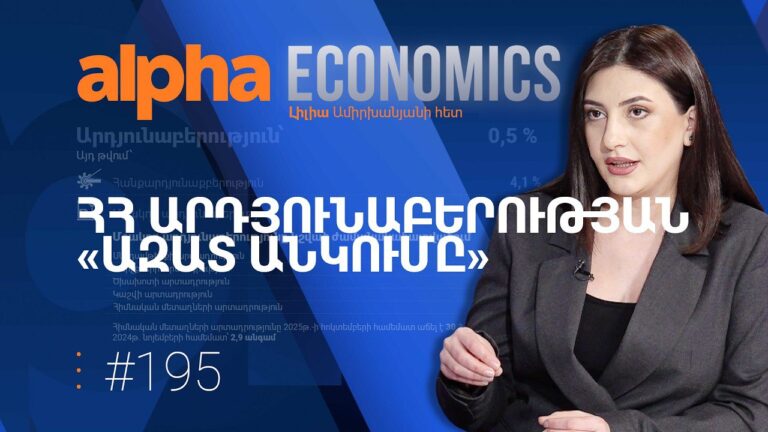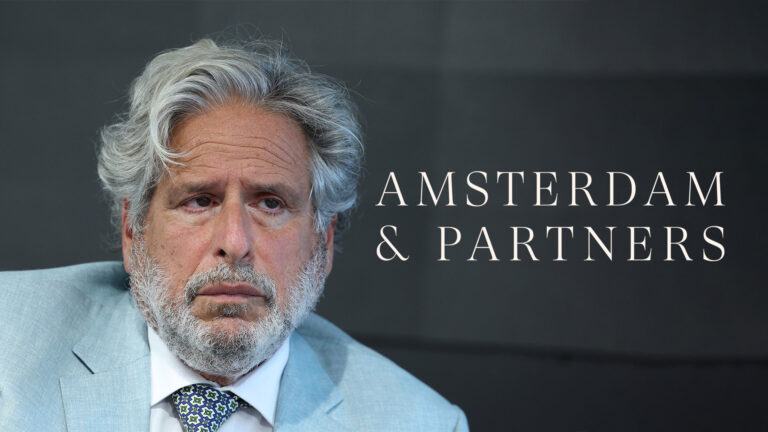Pashinyan’s deal with Turkey, Azerbaijan and the West
August 14 2024, 12:40
Before our eyes, a new political deal is unfolding between Nikol Pashinyan and a number of geopolitical actors, such as Turkey, Azerbaijan, and the collective West (primarily London).
A political agreement, or political deal, is an agreement on the mutual obligations of the parties. Political agreements are concluded between politicians, political parties, public organizations, branches of government, and individual states. In our case, we have a deal between an official and a number of foreign policy entities.
To have a full understanding of this political deal, it is important to analyze two elements of the mosaic: statements by Ilham Aliyev’s assistant, who revealed the results of negotiations with Nikol Pashinyan, as well as statements by Pashinyan himself.
Earlier, Amirbekov stated that he discussed the issue of changing the Armenian Constitution with Pashinyan, and the latter said that “it will be impossible to change the Constitution before 2027.” Pashinyan himself has repeatedly and publicly stated this.
The question arises: why is he talking about 2027? This is the essence of the political deal. Nikol Pashinyan expects Ankara, Baku, London and Washington to support his re-election in 2026 (or before the summer of 2026 during potential snap elections), and after that, Pashinyan will have to meet his geopolitical partners’ demands, some of which were mentioned by Amirbekov: the “Zangezur corridor”, a joint appeal to the OSCE to dissolve the Minsk Group dealing with Artsakh issues.
The other parties to the deal also have their own package of demands: to close the Metsamor nuclear power plant, withdraw the 102nd military base and Russian border guards from Armenia, stop purchases of Russian energy carriers, ensure the resettlement of thousands of Azerbaijanis to Armenia, etc.
In other words, the deal follows this formula: don’t put too much pressure on me until 2026, and in return, from 2027, I will lower the bar for Armenia’s status even more. How else can we characterize what awaits Armenia in the event of the implementation of this deal?
It is also noteworthy that even if Azerbaijan agreed to such a deal, it is still preparing for war, not trusting Pashinyan. This is evidenced not only by the ongoing purchases of weapons but also by constant fake news and preparing the ground for a military attack at any moment. One of the latest such fakes was information that American troops had been deployed to Syunik and that the Armenian Defense Ministry was using copters to collect intelligence about Azerbaijani positions.
Pashinyan’s personal benefit from this deal is obvious, but is it worth it for all the people, their political and economic elite, to lower the status of an entire state in order to satisfy the interests and ensure the security and well-being of one person?
Think about it…







